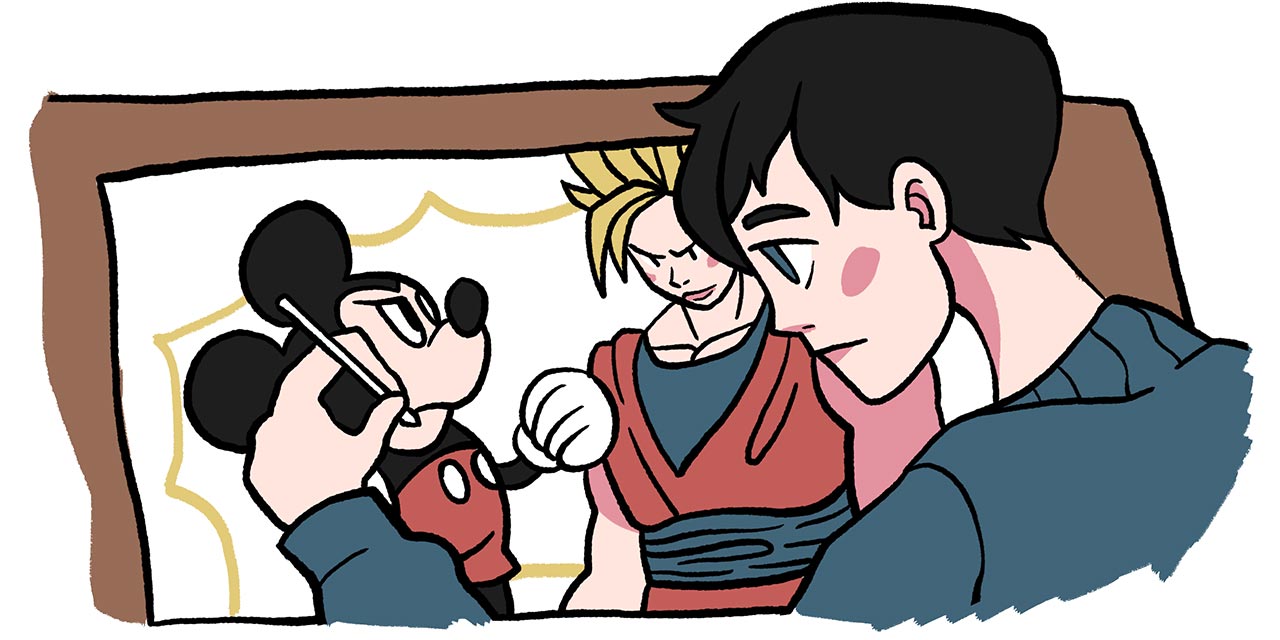Robin Thicke and Pharrellel Williams getting sued for “Blurred Lines” is poetic justice. The song was a great success; it peaked at number one in over 15 countries. Receiving a Grammy nomination, spending 12 weeks at the top of the charts, and making it the longest running single of 2013—nothing could go wrong for Thicke and Williams. Even with the protest against the song for being played because of the misogynistic lyrics and implications of rape, the song was doing so well. That is when the success faded into a lawsuit that both Thicke and Williams would lose. In August of 2013, Thicke and Williams sued Marvin Gaye’s estate and in order to prevent copyright infringement lawsuits for “Got to Give It Up.” Unfortunately, things did not turn out the way Thicke or Williams had hope. The Gaye estate in turn sued Thicke and Williams on the grounds of stealing “the feel” of the song. By October of 2014, the Judge allowed the Gaye family to continue with their lawsuit. In a Thicke’s deposition, he revealed that he was high and drunk most of the time during the producing and recording of “Blurred Lines.” The actual trial began in 2015 of February. There was 8 jurors who listened to testimonies from musicologist, Thicke, Williams, and Clifford Harris, also known as T.I. Come by March 10 2015, Thicke and Williams were held accountable for copyright infringement. Having won, The Gaye family received $7.3 million. Both Thicke and Williams had to pay the settlement while T.I. was not held accountable for the copyright infringement. Following the lost, both Williams and Thicke are now appealing the verdict. So what prompts a copyright infringement lawsuit? To answer that is FEIST PUBLICATIONS, INC. v. RURAL TEL. SERVICE CO., according to this case, copyright infringement happens when “(1) ownership of a valid copyright, and (2) copying of constituent elements of the work that are original.” In the trial between Thicke and Williams and the Gaye estate dealt more with stealing “the feel” of the song more than anything else. Taken directly from the lawsuit file, the report says, “The basis of the Gaye defendants’ claims is that “Blurred Lines” and “Got To Give It Up” “feel” or “sound” the same.” Being this, the Gayes’ ended up winning the trial. No surprise, copyright infringement is not a one in a million lawsuit. Even some of the most successful songs have been in trouble with copyright infringement. For example, Radiohead’s first single “Creep” was said to be similar to The Hollies song “The Air That I Breathe.” The song was deemed as plagiarized because there was similarities in chord progression and melody. Now two member of the Hollies, Albert Hammond and Mike Hazlewood, are credited as co-writers of “Creep.” Even looking at the song Coldplay’s “Viva La Vida,” was sued by Joe Satriani for copying his song “If I Could Fly.” In the end, the judge dismissed the case and there was an out of court settlement. Although, to make matters more interesting Yusuf Islam or formerly known as Cat Steven said that Coldplay copied from his song “Forgeiner Suite.” He decided not to sue because he believed even though they did steal, it was not intentional. To add on, The Doors’ song “Hello, I Love You” is similar to The Kinks’ song “All Day of All Night,” and this resulted in Ray Davies, lead singer and songwriter for The Kinks, to receive any royalties for the song. There is many more to list, some end in failures, other end with a family receiving $7.3 million as settlement. Although, one thing I have to admit is despite my personal bias against Robin Thicke, I do not necessarily feel that the song copies Funkadelic or Marvin Gaye’s music. There is a cowbell is the song, but the sound of a cowbell is difficult to change and copying a tempo is not copyright infringement. However, because of the vagueness of the copyright infringement policies, Thicke and Williams were sued based on the feelings of the song. The ambiguity of copyright infringements is problematic in the fact some groups are sued unjustifiably, but there is enough evidence for the persecutor to win. During the time of the trial there was an interview with Marvine Gaye’s son Marvin Gaye II said Thicke’s whole career is based off of his dad’s work. He goes on to express that trying to sue the Gaye family was compete nonsense, and I would have to agree with that point. What would have happened if Thicke and Wiliams decided not to preemptively sue so the family could not receive any money from the song? Regardless of what the answer is, the two men lost the lawsuit and are paying what the court decided just.







